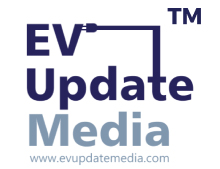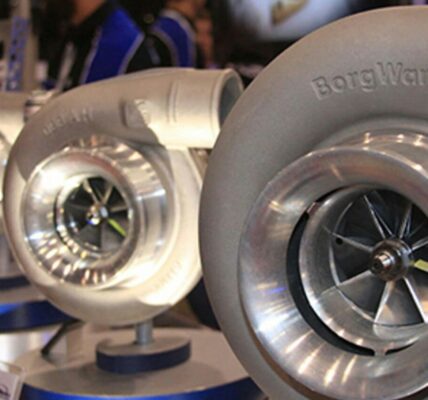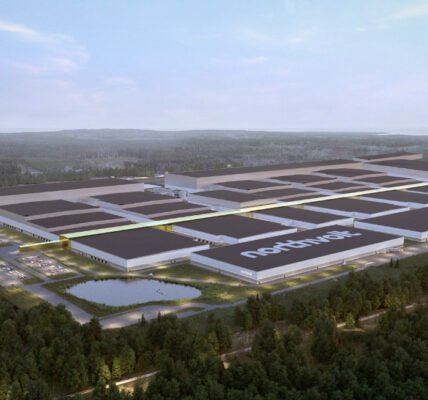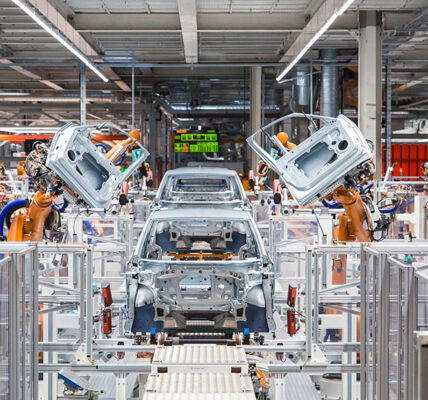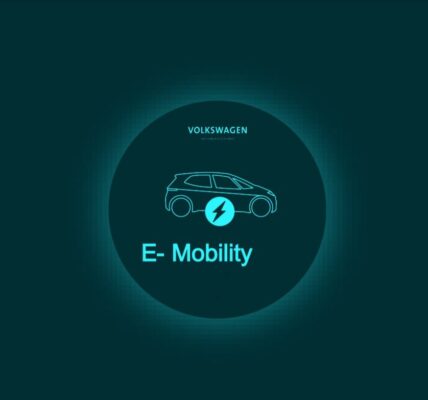The electric vehicle battery business needs vertical integration and digitization to improve supply chain transparency and for the industry to have the full backing of the environmental, social and governance-investor community, according to market participants, speaking in an interview.
As the world continues to move toward electrification, there is an increased requirement for more and more raw material such as lithium, nickel and cobalt.
The bulk of the world’s cobalt comes from the Democratic Republic of Congo, around 60% of supply and 80% of reserves. But in a country that is dependent on artisanal mining, this can lead to questions of where the metal — and indeed how the material — has been mined.
One senior Japanese trader agreed that he did not believe there was a lack of cobalt in the world. Instead, there was a lack of trust and transparency regarding the supply chain out of the DRC. He said that this needed to be addressed so the market could move forward.
Technology houses such as Johnson Matthey have been working on new systems that near enough eradicate cobalt from EV batteries. However, many question how long this will take to market and whether it would even be possible to be 100% cobalt free.
As battery makers race to secure supplies of raw materials, some are believed to be considering the optionality of locking in artisanal material.
Speaking to a media, Costa Caldis, COO at transparent supply chain management firm SAFE, said: “The real problem we have is trust. End-users do not have a high level of trust in their supply chains. Trust comes from transparency, currently visibility along the supply chain is limited because it is predominantly a paper-based business. Players up and down the supply chain need to work on digitizing their business to create the accountability that’s needed.”
In the cobalt trading market, sources have been noting that there is a lack of cobalt hydroxide availability, which could result in battery makes struggling to secure tier one cobalt supply.
One market source said in an interview that artisanal cobalt is already likely hitting the supply chain, sometimes by being mixed with traceable material and blended in.
“Cobalt is becoming more and more sought after, even with battery technologies aiming to use less and less. It’s not difficult for less scrupulous individuals to mix it in with other batches,” the source said.
Still, this kind of behavior is countered by good corporate governance elsewhere.
Late 2020 global diversified natural resources company Eurasian Resources Group (ERG) has committed its Metalkol copper/cobalt facility in the Democratic Republic of the Congo to conforming with the Responsible Minerals Assurance Process (RMAP), a flagship program of the Responsible Minerals Initiative (RMI).
The aim of the RMAP is to help companies and organizations make informed choices about responsibly sourced minerals in their supply chains. The RMAP uses an independent third-party assessment of smelter/refiner management systems and sourcing practices to validate conformance with RMAP standards.
Benedikt Sobotka, CEO of ERG and co-chair of the Global Battery Alliance, said: “Cobalt’s role in the world economy is only set to increase as it is a key ingredient in lithium-ion batteries for electric vehicles and energy storage which will power the green recovery. It is vital that the cobalt in these products is sourced responsibly and sustainably, and we have committed to this through our Clean Cobalt Framework, the Cobalt Industry Responsible Assessment Framework and the RMAP.”
Speaking at another interview, EV battery start-up Britishvolt CEO and founder Orral Nadjari said that it is essential for a business such as his to have access to a transparent supply chain, that is both ethical and sustainable.
“Minerals such as cobalt and nickel will be in increasing demand, and it is essential that the wider industry, alongside consumers, all play our part in powering the energy transition as diligently as possible,” he said.
Britishvolt confirmed in late 2020 that the plant will be built in Blyth, Northumberland, with construction planned to commence in summer 2021. Initial production is scheduled for 2023, with the construction of further phases out to 2027 as the output of EV batteries ramps up.
